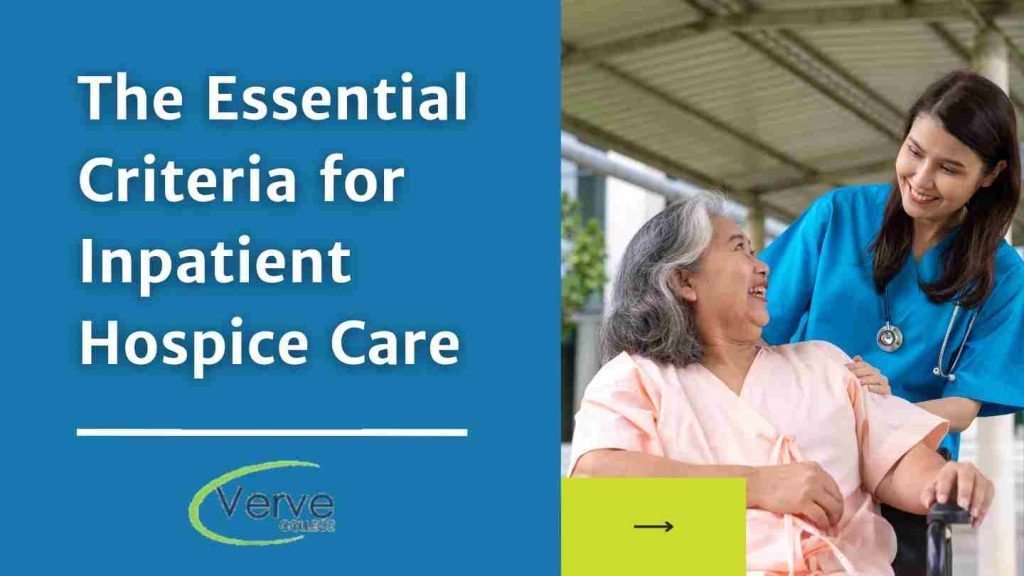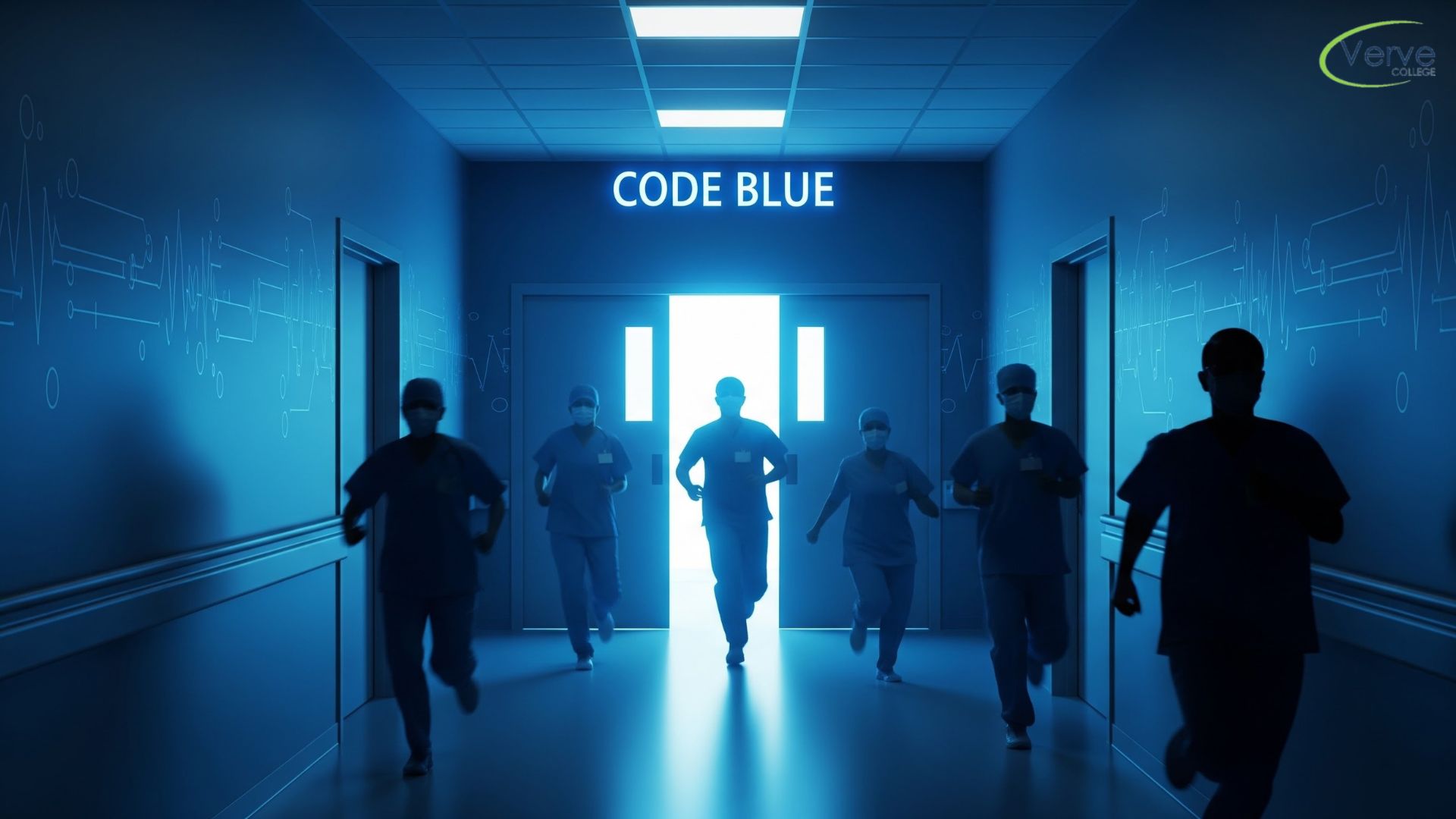- Oak Brook:(630) 705-9999
- Chicago:(312) 920-8822
- Email:inquiry@vervecollege.edu
- Make a Payment
- Home
- Programs
- Admission
- Resources
- ATI Entrance Exam Resources
- New E-Digital Library
- Refer a Friend
- School Newsletter
- Events
- Employers
- Job-Network
- Alpha Beta Kappa Candidates
- Verve College Library
- Graduation and Pinning Ceremony Photo Galleries
- Textbook Information
- Career Services
- Tutoring
- School Catalog
- FAQ
- Constitution Day Program
- Alumni
- Verve College Plans
- Financial Aid
- HEERF Reporting
- Satisfactory Academic Progress
- Apply For Financial Aid
- Net Price Calculator
- Return of Title IV Funds (R2T4)
- Financial Aid Office Code of Conduct
- Contact
- FAQs
- Verification Policy
- Vaccination Policy
- Student Right-to-Know Act
- Misrepresentation
- Information Security Program
- Academic Award Year
- Availability of Employee
- Cost of Attendance
- Health & Safety Exemption Requirement
- Students Rights and Responsibilities
- Leave of Absence
- Pell Formula
- Military Students
- Grants/ Scholarship Policy
- Contact Us
- Testimonials
- Blog
Is a Nursing Career Right For You?
Take The Free Quiz
The Essential Criteria for Inpatient Hospice Care
The Essential Criteria for Inpatient Hospice Care
Hospice patients can develop symptoms that are difficult to manage with regular home care and may require more intensive medical treatment. Inpatient hospice care can be used when situations require additional attention and cannot be handled at home. Inpatient hospice care provides comfort care to patients and their family members at the end of life in a homelike, peaceful setting. Healthcare professionals who have completed anatomy and physiology classes near me with pre – requisites courses are better able to communicate with patients and their families about the complexities of their conditions and possible treatment solutions.
Now look at what qualifies for inpatient hospice care.
What Qualifies for Inpatient Hospice Care?
Inpatient care is any type of practical nursing care other than in-home and done in a medical facility. Sometimes, difficult-to-manage symptoms of the organ system & human body require medical attention, which may not be possible in a home environment or with regular home care. The patient must be taken to a medical facility to treat those symptoms in these cases. Inpatient care is required for medical conditions such as unmanageable agitation and uncontrolled pain. The inpatient level of care is a very different environment from an acute care facility. Inpatient care units are quieter and more comfortable. Staff professionals are slow and take the time to interact with patients and families and answer questions. Everyone, including family members and friends, can visit the patient anytime and check their progress. Nursing homes will treat the patient with professional standards and homely care. Individuals seeking to become part of the healthcare team providing inpatient facility care might consider enrolling in one of the best nursing schools in Illinois (private school).
Hospice patients receive intensive pain management, symptom treatment, and regular visits to ensure they are stable enough to return home and continue receiving levels of hospice care. Patients receive all types of care and treatment in an inpatient hospice facility, including symptom management, regular appointments, and 24/7 on-call care. To learn patient care skills and to learn evidence-based practice, one must enroll in night and weekend nursing programs at Verve College which is crucial for nursing education. The patient is treated quickly by nurses and can return home immediately after treatment. Hospice providers and assisted-living facilities are distinguished from primary care facilities by their focus on symptom management.
Additionally, you may discover more about these things:
Want to Make a Career in Nursing? Get More Information About Our Courses!
What Patients Qualify for Hospice Inpatient Care?
A patient’s inability to manage specific symptoms could indicate they are eligible for continuous hospice care.
- Sudden deterioration requires intensive nursing intervention.
- Uncontrolled Pain.
- Uncontrolled nausea and vomiting.
- Fractures and symptoms.
- Unmanageable respiratory distress.
- Intravenous medication for symptom relief that requires close monitoring.
- Wound care is complex or requires frequent dressing changes and cannot be handled in the patient’s home.
- Uncontrollable agitation, delirium, or severe anxiety.
- Uncontrolled seizures.
Use our guidelines to determine the advantages of hospice care.
 Sign up
Sign up Login
Login




